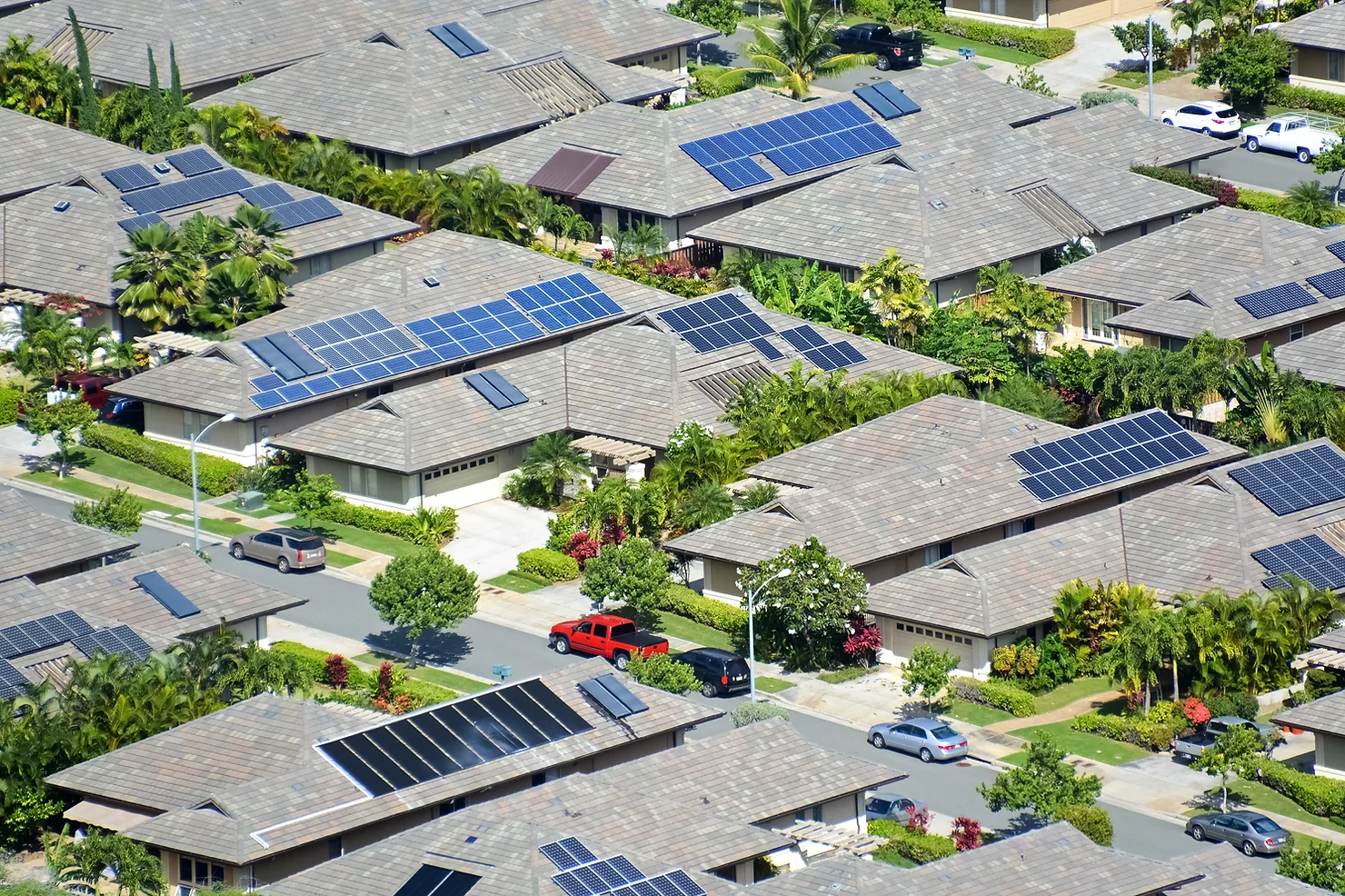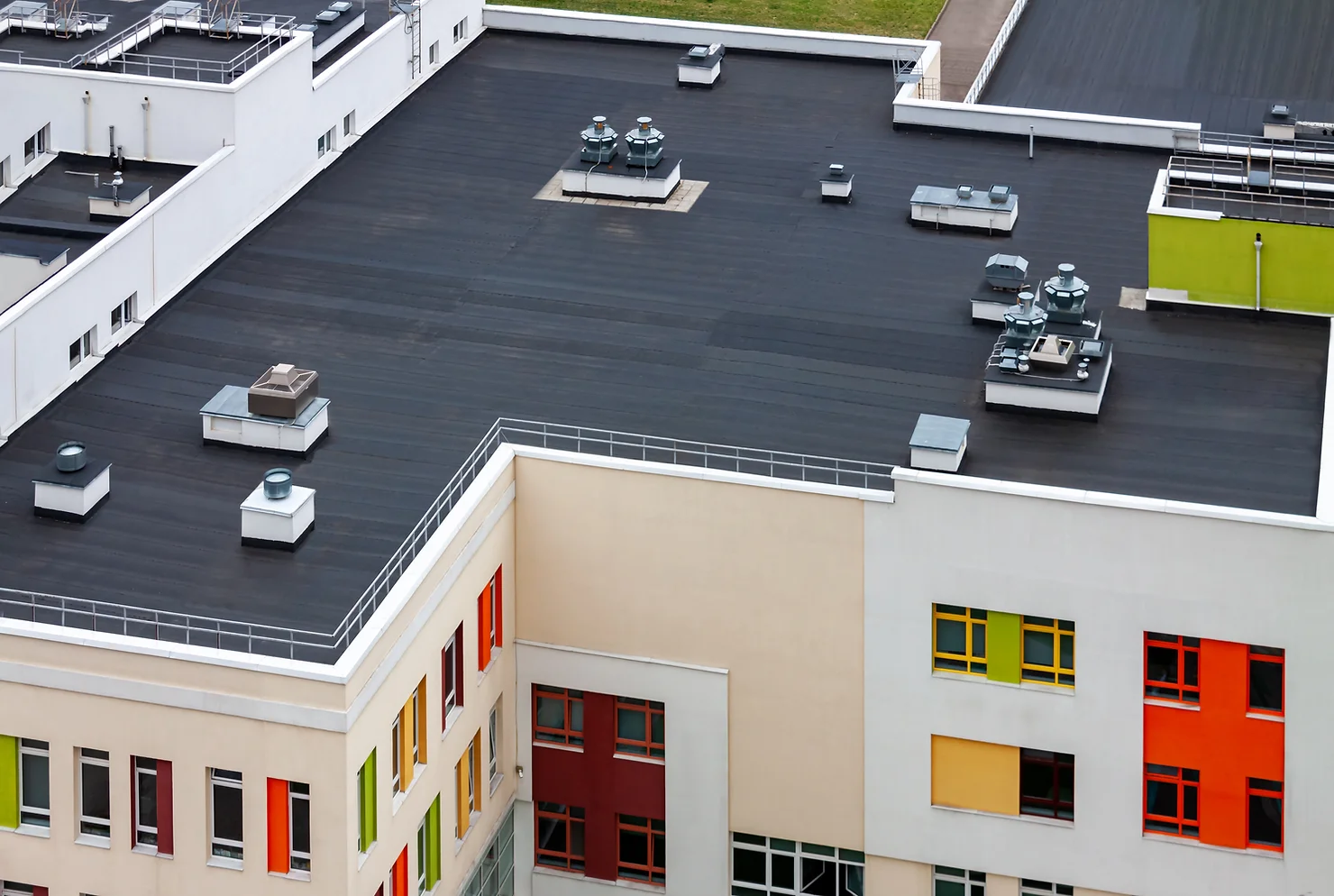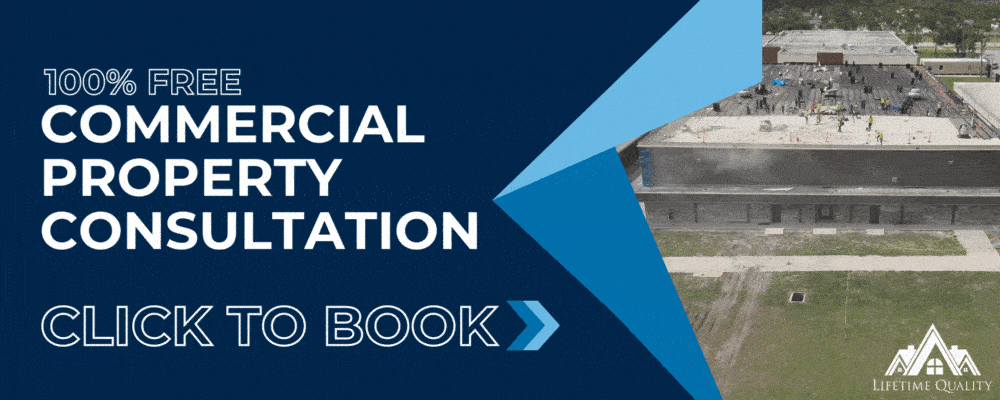
Inflation Reduction Act Makes Solar Energy More Affordable Than Ever
Discover how the Inflation Reduction Act is driving down the cost of solar energy and making it more affordable than …

When it comes to maintaining the structural integrity of a commercial property, the roof is a critical component that often goes unnoticed until significant issues arise. A well-maintained commercial roof not only protects your property from inclement weather, but it also enhances the aesthetic appeal and increases the commercial property's value. Regular roof inspections by a professional commercial roofing contractor can help identify potential problems early, leading to reduced repair costs, increased IRR (Internal Rate of Return), lower CapEx (Capital Expenditure), and prolonged roof lifespan. In this article, we delve into the importance of roof inspection and how it can save you time, money, and potential headaches in the long run.
A comprehensive property evaluation involves scrutinizing various aspects of a building, among which roof inspection plays a pivotal role. A roof inspection provides a detailed assessment of the roof's current condition, enabling property owners to make informed decisions about necessary repairs or replacements.
A thorough roof inspection can help detect potential problems early, such as leaks, deteriorating shingles, or damage from storms or other natural disasters. Ignoring these issues can lead to more significant problems over time, including structural damage, mold growth, or even roof collapse. By identifying and addressing these issues promptly, property owners can prevent costly repairs or replacements in the future. Lifetime Quality’s Commercial Roofing Division is here to help you assess any damage to your roof.
A well-maintained roof not only protects the building from the elements but also contributes to the property's overall aesthetics, enhancing its market value. Potential buyers or tenants often consider the condition of the roof when evaluating a property. Therefore, regular roof inspections and timely maintenance can significantly increase a property's appeal and value.
Roofs, like other components of a building, have a finite lifespan, typically ranging from 20 to 30 years depending on the roofing materials used. However, regular roof inspections and preventative maintenance can significantly extend a roof's lifespan, saving property owners the substantial expense of a full roof replacement.
Selecting a trustworthy and experienced roofing contractor is crucial for a comprehensive and accurate roof inspection. Here are some key factors to consider when choosing a roofing contractor:
An experienced roofing contractor possesses the necessary knowledge and skills to perform a thorough and accurate roof inspection. They can quickly identify potential issues and offer effective solutions, ensuring that your roof remains in optimal condition for as long as possible. Lifetime Quality has 30 years of industry experience and has helped thousands of customers get their roofing replaced.
Always choose a roofing contractor who is licensed and insured. Licensing demonstrates that the contractor meets industry standards and adheres to local building codes. Insurance, on the other hand, protects you from potential liability in case of accidents or damages during the inspection process. Licensing and insurance vary by state. If you have properties in multiple states, be sure to check specific regulations.
Customer reviews and testimonials provide valuable insights into a roofing contractor's professionalism, workmanship, and customer service. Positive feedback from previous customers can give you confidence in the contractor's ability to deliver quality service. With over 1,000 five-star reviews, Lifetime Quality is here to help.

Conducting regular roof inspections can lead to increased IRR (Internal Rate of Return) and lower CapEx for commercial property owners. By identifying and addressing potential issues early, property owners can avoid costly repairs or replacements, thus reducing capital expenditure. Moreover, a well-maintained roof can increase the property's value, leading to higher returns on investment.
Regular roof inspections can uncover minor issues that can be fixed at a comparatively low cost, preventing them from escalating into significant problems that would require substantial investment to rectify. This proactive approach can result in significant cost savings over time. Lifetime Quality can help you navigate your insurance policy to help you get the cost of your roof covered by insurance.
A well-maintained roof not only enhances the aesthetic appeal of a property but also contributes to its overall value, making it more attractive to potential buyers or tenants. This can lead to increased rental income or resale value, thereby boosting the return on investment.
The type of roofing materials used can significantly impact the longevity and performance of a roof. Here's a look at some common commercial roofing materials and their characteristics:
Metal roofing is a popular choice for commercial properties due to its durability and low maintenance requirements. It is resistant to fire, wind, and hail, making it an excellent choice for areas prone to severe weather conditions. However, it can be prone to rust if not properly maintained.
Asphalt shingles are a cost-effective roofing material that offers decent durability and a wide range of colors and styles. However, they are susceptible to wind damage and may not be suitable for areas with extreme weather conditions.
Slate roofing is highly durable and can last for over a century with proper maintenance. It offers a unique and elegant appearance, making it an excellent choice for high-end commercial properties. However, it is significantly more expensive than other roofing materials and requires a skilled contractor for installation and maintenance.
Flat roofing systems, such as EPDM (ethylene propylene diene monomer), TPO (thermoplastic olefin), or PVC (polyvinyl chloride), are commonly used in commercial properties. They offer excellent durability and energy efficiency, but they require regular inspection and maintenance to prevent leaks and other issues.
Regular roof inspections are an integral part of maintaining a commercial property. They not only help in the early detection of potential issues but also contribute to enhancing property value, prolonging the roof's lifespan, and saving on repair or replacement costs. By choosing the right roofing contractor and understanding the role of various roofing materials, property owners can ensure optimal roof performance and longevity. For a comprehensive commercial property evaluation, including a thorough roof inspection, don't hesitate to contact Lifetime Quality for a Free Inspection.